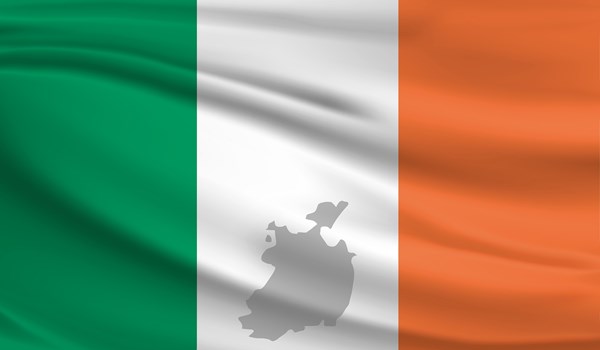Jurisdictions
Regions
Industry Sectors
28/06/22
IRELAND: Accountants urge State to retain its low tax appeal as global tax deal looms.

As published on independent.ie, Tuesday 28 June, 2022.
Ireland should maintain a “low tax policy” even when a 15pc corporate tax rate comes into play, accountants say.
A poll by accounting body ACCA and consultants Grant Thornton shows 89pc of tax professionals say a low tax rate is “crucial” to Ireland’s ability to attract foreign direct investment (FDI).
Of the 180 accountants surveyed, 87pc said Ireland will gain a “competitive advantage” compared with the UK, which plans to increase its corporate tax rate from 19pc to 23pc.
“Along with a targeted climate action plan, infrastructural connectivity and an impactful housing strategy, a low corporate tax rate remains a hugely influential component of Ireland’s FDI credentials,” said ACCA Ireland head Caitriona Allis.
She said maintaining a low corporate tax rate “will support companies to gain access to the EU single market and in turn provide the environment for economic growth in Ireland”.
“With many factors affecting the global FDI sector – not least the war in Ukraine, rising energy costs and inflation – it is more important than ever that Ireland positions its strong fiscal credentials.”
Last year 137 countries, including Ireland, agreed to charge multinationals a 15pc “minimum effective” tax rate.
At talks steered by the steered by the Organisation for Economic Cooperation and Development ( OECD), they also agreed to make the most profitable groups pay a portion of their taxes where they make their sales, rather than where they are incorporated.
That part of the deal could cost Ireland up to €2bn a year.
But OECD talks on tax shifting are dragging on and won’t be finalised until early next year.
The US Congress has so far failed to make progress on the deal as it is hamstrung by opposition to President Joe Biden’s spending plans.
The 15pc rate is also in jeopardy in the EU after Hungary reversed its support earlier this month.
Hungary’s 11th hour move – it had supported a French compromise that allowed opt-outs for certain countries and delayed the tax until 2024 – has increased calls for an end to national vetoes on EU tax laws.
Ireland’s EU commissioner, Mairead McGuinness, said last week she would be in favour of removing vetoes in cases where countries are holding the bloc to ransom on issues unrelated to tax.
Her colleague, economy chief Paolo Gentiloni, said yesterday that removing vetoes should not be used to “harmonise tax policy through the back door”.
While he said there were “several taxation items” that could be agreed by majority, he insisted small countries need to be protected “in some way”.
Mr Gentiloni told MEPs that Hungary’s position is “formally legitimate, of course, but in my view, politically not understandable”.
“I think that the use of the veto should also respect the loyal cooperation among member states because otherwise it’s very, very difficult to take decisions,” he said.
France had hoped to agree the deal before the end of its EU presidency on June 30.



